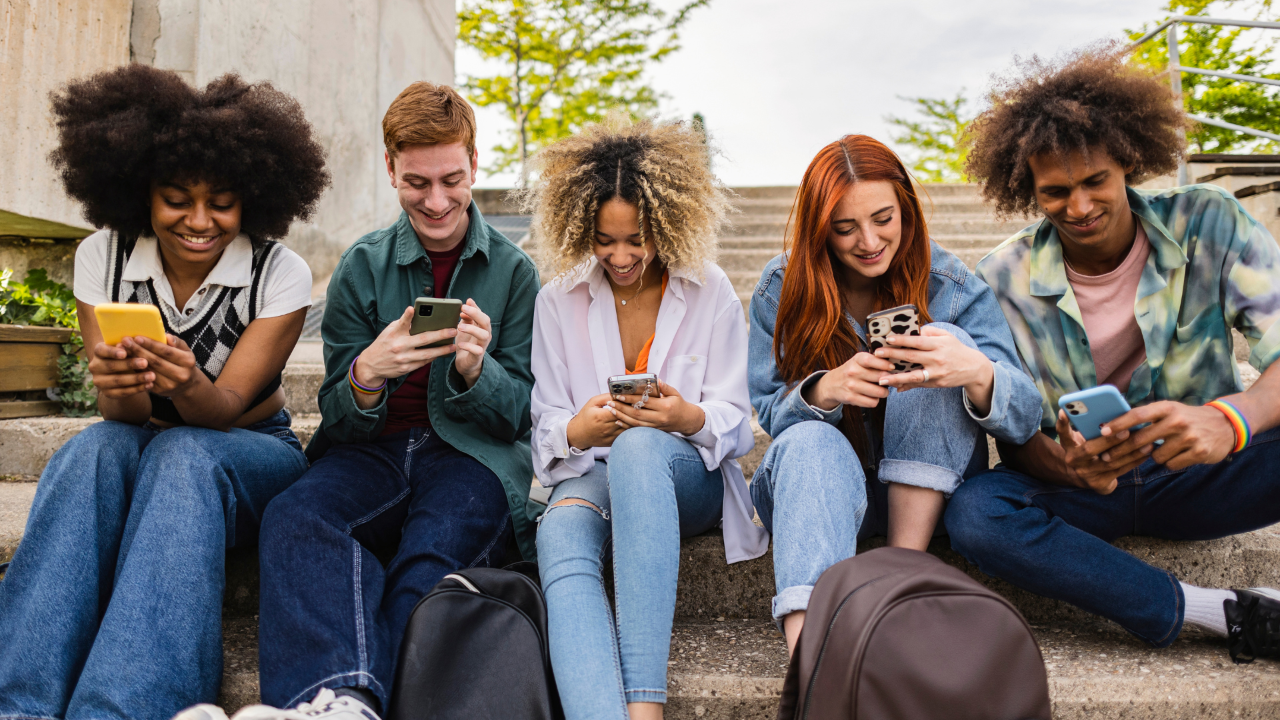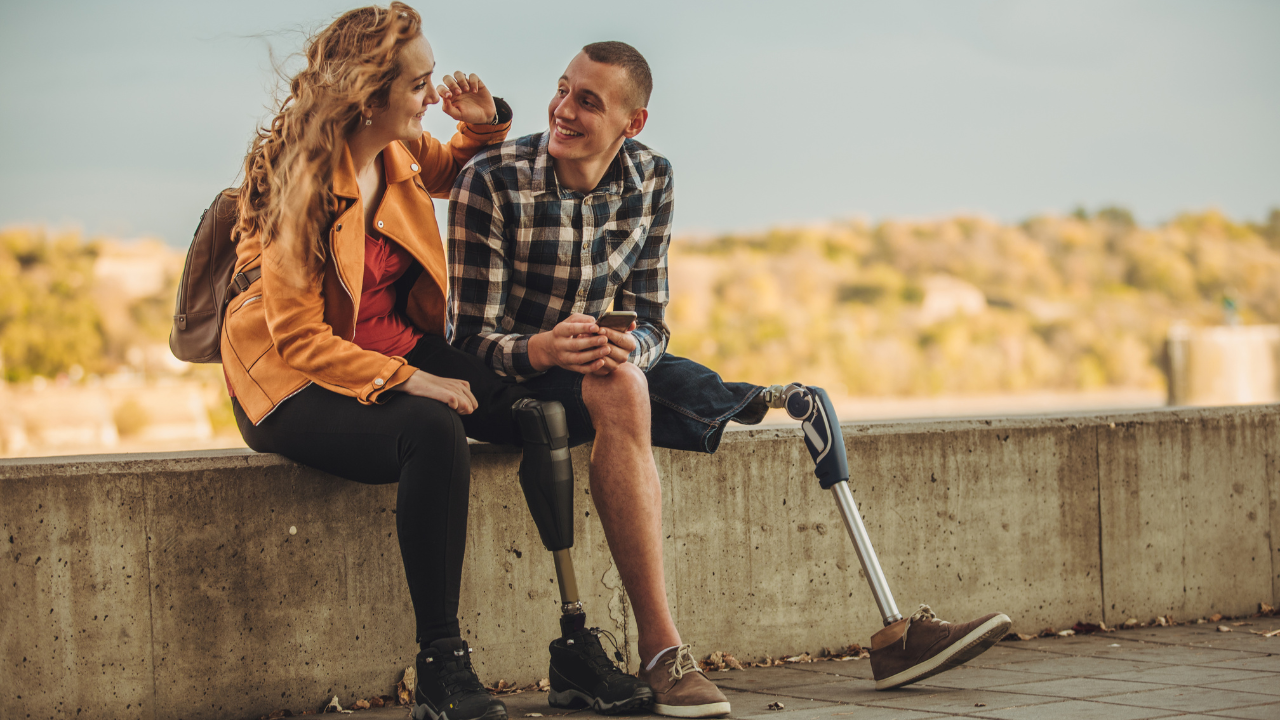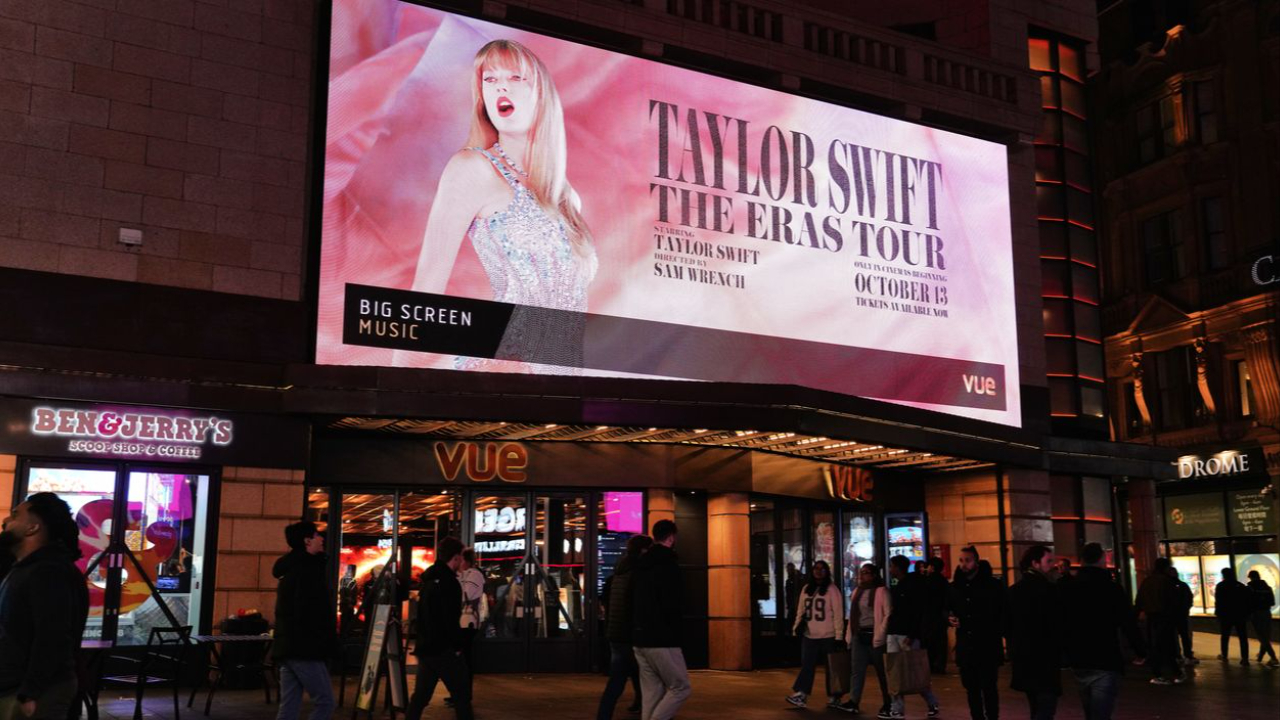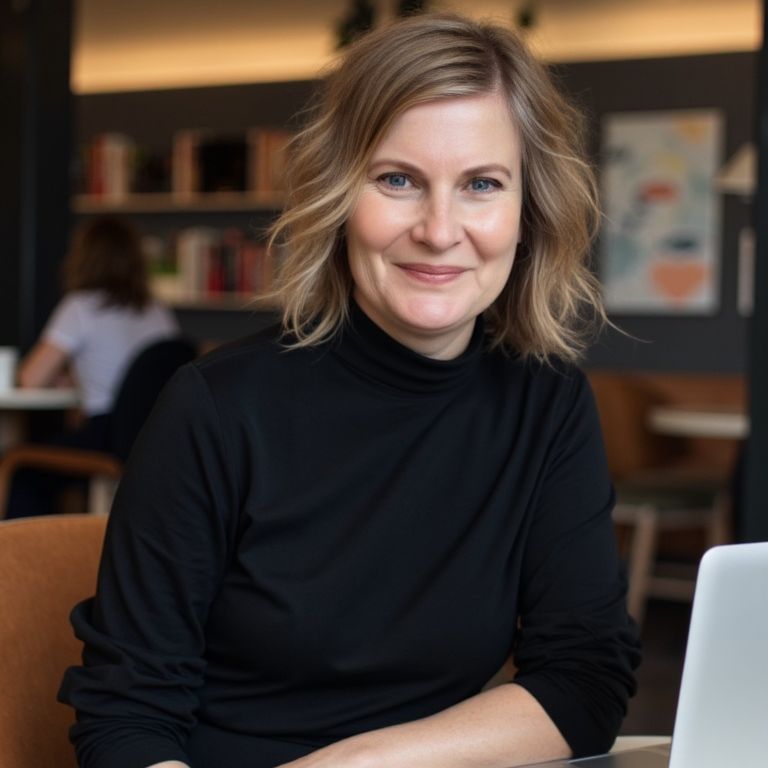Interviewing like a pro
Mar 06, 2020
Recently I was preparing for an interview for the Telstra Women's Business Awards (a prominent national business award in Australia). I'd been shortlisted and was being interviewed to become a finalist. In preparing for that conversation I noticed myself taking a number of actions that helped make the whole experience effortless and less stressful than it might otherwise be. After checking in to see whether it might be helpful to share those actions, you offered a resounding yes, so here they are!
The circumstances of the day were these:
- I had not had a good night's sleep the night before. My young son had woken multiple times and I didn't feel well rested.
- I'd been running a live workshop with School of Visibility students for a number of hours from 8am in the morning, so I even more tired by then and my voice needed a rest.
- I also needed to refresh myself on the topics they would be wanting to discuss and ensure I was happy with how I was expressing myself.
- I often take a 30 minute nap in the middle of the day and it was becoming increasingly apparent that that wasn't going to happen.
With the interview starting in about 2 hours' time, I knew I had to make some quick decisions about priorities. My first priority was to make sure I was clear on what I wanted to say. I spent time reviewing their core themes for the awards and anticipating what they would be likely to focus on.
I then practised speaking out loud my responses. Particularly my responses to the areas I felt to be my weakest.
Speak your responses out loud
Actually speaking the answers out loud - as opposed to practising them in your head - is critical to how comfortable you ultimately feel in an interview.
The speaking of the words is essential. You have to get used to rolling the words around in your mouth. To substituting one word for another and noticing the way phrases sound. You want to get comfortable with your own cadence and you want to start to notice some of your speaking habits.
Because I'm a confident public speaker, I've been tweaking my own speaking style for years.
If however you're new to this and you have an interview coming up, don't leave this to the day of the interview.
Take some time a few weeks prior to the interview. Consider the kinds of questions you might be asked. Record your responses and listen back to them. Your speaking habits will become very obvious very fast. You'll probably cringe a few times. (That's normal.)
Perhaps you have a habit of saying 'um' rather than allowing silence to fill a room. Perhaps you have a funny way you purse your lips or you make a distracting sound with your tongue when you're thinking.
Speaking out loud will help you notice and address these things.
For me, I noticed I was using um a lot as I was trying to articulate my responses. Having had chronic fatigue for four years I'm very aware of how ineffectual my brain is when I'm tired. I have to rest to get back to full functioning. On this particular day my 'ums' were a reflection of that tiredness. I could feel the cogs of the wheels in my brain moving very slowly and I was becoming concerned that I wasn't going to perform at anything close to my best.
So I quickly drew on all the resources I had.
Refresh your body
Firstly I lay with my legs up the wall (it's called viparita karani in yoga). This is the great revitalising posture in yoga and 15 minutes of having your legs elevated has a surprisingly positive impact on your energy levels. I've used this technique many times to great effect at the end of a long day when evening commitments loom, or I also used it very regularly when my children were very small and were waking me every few hours in the night.
(To get into this position, lie on your back and allow a wall to support your legs. Flex your feet rather than point them and if your legs can't make it flat against the wall, simply move your bottom away from the wall as far as you need to.)
As I was lying down I took some deep breaths into my belly and cleared my mind. To do something similar you could inhale for a count of four and exhale for a count of four to help you stay focused and to release a lot of the thoughts crowding your brain.
Then I used a technique I love called Non-Personal Awareness (NPA). I took myself through a series of phrases around the word 'um' and also around the feeling of tiredness. SOV students will have had experiences using NPA. (If that's you, I popped 'um' and 'tired' into the NPA sequence.)
Once I'd used the NPA technique, I found myself naturally pausing as I formulated my response rather than saying 'um'. As is the way with NPA I didn't have to think about this and I didn't have to force the change, the change just happened naturally.
Give yourself time
Driving to the interview I gave myself plenty of time to account for unforeseen circumstances and I arrived with plenty of time to spare and with clarity around where the interview was actually being held. I was being very deliberate about these things because I didn't want to be wasting brain power on anxiety or on recovering from a stressful experience prior to the interview.
Because I had time, I checked in with my body and noticed my adrenals were still a bit racy. (You'll know that feeling of being on edge or that go, go, go feeling you can have. Some people mistake that for fuel. But here's what I learned from lying on a bed for four years with chronic fatigue; it doesn't fuel you. It drains you until you have absolutely nothing left. So I never operate from that place now. As soon as I notice it I re-set my nervous system and take action from a place of calm, focused awareness.)
Re-set your nervous system
Before any interview you're likely to be a bit nervous so taking the time to re-set your nervous system is enormously helpful. Here's how you do that; with alternate nostril breathing (known as nadi shodhana in yoga).
Alternate nostril breathing balances your sympathetic and parasympathetic nervous systems. When you're tired it wakes you up and when you're wired, it calms you down.
The effect is that it makes you feel balanced and focused.
So that's what I did. I spent five minutes in the car doing alternate nostril breathing until I felt stabilised in my body.
I did this in the car because it's a funny looking thing to do and I didn't want to attract unwanted attention while I was doing it. (I've also done it in a toilet cubicle before meetings or at home before heading out.)
To do alternate nostril breathing simply block off your right nostril with your right thumb (if you're right handed. Use your left thumb and left nostril and reverse the process if you're left handed) and inhale through your left nostril. Then block your left nostril with your ring finger, release your right nostril and exhale through your right nostril. Now reverse the process. Inhale through your right nostril, block your right nostril, release your left nostril and exhale through your left nostril. Then just repeat for 3-5 minutes.
Here's what the hand posture looks like (where your first two fingers are pressing against your third eye point and you're using your thumb and ring finger to block off your nostrils):

There were two final things I did before walking into the interview.
I did another NPA, this time on how I wanted to feel and how I wanted to express myself. I wanted to feel confident so I ran the the word 'confident' through the NPA sequence and I wanted to be clear and concise in my answers because I knew I had limited time and I didn't want to waffle. So I also did an NPA sequence on 'clear and concise'.
If you know EFT/tapping you could use that to clear out fears and focus your efforts. If you're freaking out, you might use something like Compassion Key to settle your inner child. (All of these tools are amongst the many personal development tools we share with our students at the School of Visibility. If you don't currently have a toolbox of your own we'd love to work with you to develop one.)
Fuel your body
Finally I made sure I wasn't going to be distracted with hunger when I got into the interview. I'd drunk a green smoothie earlier in the day to support my body and brain but as I checked in I realised I was still a bit peckish. Unfortunately I hadn't anticipated this so I looked around me and only really had a petrol station to choose from to pick up a quick snack. I knew I didn't want anything sugary like a chocolate bar - I didn't want a sugar crash right in the middle of the interview - so looked around and fortunately they sold fruit. I grabbed a banana and off I went.
In the interview
The final few things I did happened inside the interview room. After making eye contact, shaking hands (with warmth in my heart and in my eyes), and making note of the interviewers' names in my notes, I made sure I had water. In fact I brought my own water bottle with me just in case.
Here's why water matters; because you can pause once a question is asked, take a drink, give yourself time to think, and then respond. Doing that makes your pause feel very natural. You don't feel under pressure, sitting there in silence, and when you do respond, you start strongly (and not in a waffly manner which can happen when you're speaking words purely to give yourself time to think).
The other thing I did was I had the confidence to ask for questions to be repeated. One of the things I used to notice when I was being interviewed for jobs was if you're not fully present and aware as someone is asking a question, you can miss important aspects of the question. Even if you are fully present, if you only hear the question once you can miss what they're really getting at.
Because many of the questions I was asked had two parts, I deliberately focused my attention on the first part of the question and answered that. Then I stopped and asked, 'Would you remind me of the second part of the question?' I could also have made notes as they were asking the questions as an alternative approach. In the future, I think I'll do that. I feel like my brain responds best to words on a page so that feels like a good option for me. I recommend trying out a few different options and working out what'll work best for you.
And then of course, I ended the interview the way I began. I thanked them for their time, using their names and the same warm handshake. I made specific reference to a suggestion that had been made to me in the interview and thanked them for that.
Seeing this broken down and written out on a page, this may all sound calculated or manipulative in some way. It's not. It's the result of habitual behaviour. This is how I've always behaved in interviews. It's my natural style. A style that I've refined over time by being aware of my behaviour and improving on aspects of it that I felt needed improvement. Ultimately, it's the culmination of a series of habits I've built which now feel as natural to me as breathing.
And because of that, guess what? The interview was a success! I'm now in a finalist in the Telstra Business Women's Awards. :) More even than that, the interview was really enjoyable. The whole process was great and I'm looking forward to the next interview I have.
As a woman in business, there are so many interviews you'll participate in as you grow your business. From interviews for awards, to radio, television and podcast interviews. It's critical that you not only feel confident in that process but also that you enjoy it because that's the surest way to guarantee you'll do it again. And it's in the repetition that you'll see your greatest successes.





